Bad Bunny's latest album, released on October 13, 2023, is a 22-track exploration that keeps you guessing. With a mix of genres and a host of guest artists, it's an album that feels both deeply personal and universally relatable.

We may receive a portion of sales if you purchase a product through a link in this article.
Bad Bunny's latest album, released on October 13, 2023, is a 22-track exploration that keeps you guessing. With a mix of genres and a host of guest artists, it's an album that feels both deeply personal and universally relatable.

9.0/10 - Bad Bunny's "Nadie Sabe Lo Que Va a Pasar Mañana" Album Review
Bad Bunny's latest album, released on October 13, 2023, is a 22-track exploration that keeps you guessing. With a mix of genres and a host of guest artists, it's an album that feels both deeply personal and universally relatable.

When Bad Bunny dropped this album on a superstitious Friday the 13th, he set the mood for something special. The Puerto Rican artist, also known as Benito Antonio Martínez Ocasio, has always been a wildcard, and this album keeps you on your toes.
The album kicks off with "Nadie Sabe," which feels like the opening credits to a movie about Bad Bunny's life. It's reflective and sets the tone for an album that's as much about asking questions as it is about finding answers. "Monaco" follows, blending genres and even giving a nod to Georgian-French tunes by Charles Aznavour, adding another layer of complexity.
"Fina," featuring Young Miko, is a standout. It's a mix of vulnerability and swagger that captures the essence of the album. "Teléfono Nuevo" adds a layer of intensity, thanks to a sudden, violent entrance by Luar la L.
The album takes you on a journey through "Hibiki," a track whose name loosely translates from Japanese as "echo" or "resonance," before arriving at "VOU 787," which mixes early Madonna's "Vogue" with references to his relationship with Kendall Jenner. "Europa :(" is a poignant track that might be a nod to 2019, when Bad Bunny canceled his European tour to join protests against Puerto Rican Governor Ricardo Roselló.
Just before the album's close, we encounter "Echo PR," a track that serves as a love letter to Bad Bunny's upbringing and the neighborhoods of Puerto Rico. It's a grounding moment, bringing us back to the roots of an artist who has soared to global heights but never forgotten where he came from.
The album closes with "Un Preview," a track that has already positioned itself at No. 2 on the Hot Latin Songs chart as of October 14. It's a fitting end to an album that takes us on a journey through the mind and world of Bad Bunny—a journey that, much like the artist himself, defies easy categorization.
While nobody knows what will happen tomorrow, tonight it's all about Bad Bunny's album.
Protect Ya Neck earns RIAA Platinum for Wu-Tang Clan, recognizing 1,000,000 units on November 10, 2025.

We may receive a portion of sales if you purchase a product through a link in this article.
Protect Ya Neck earns RIAA Platinum for Wu-Tang Clan, recognizing 1,000,000 units on November 10, 2025.

Protect Ya Neck earns RIAA Platinum for Wu-Tang Clan, recognizing 1,000,000 units on November 10, 2025.

The Wu-Tang Clan's seminal debut single, "Protect Ya Neck," has officially been certified Platinum by the Recording Industry Association of America (RIAA). The certification, dated November 10, 2025, recognizes 1,000,000 certified units sold in the United States. The digital single was released by RCA Records and is categorized in the R&B/Hip-Hop genre.
Originally released independently on December 14, 1992, via Wu-Tang Records, "Protect Ya Neck" was the track that introduced the world to the collective's raw and revolutionary sound. The song generated significant underground buzz, showcasing the distinct styles of eight of the group's nine founding members. This success led to a landmark record deal with Loud Records, which allowed each member the freedom to sign solo deals with other labels. Loud re-released the track on November 9, 1993, with "Method Man" as its B-side the same day the group's iconic debut album, Enter the Wu-Tang (36 Chambers), was released. The influential single was later named one of the 100 Best Rap Singles by The Source magazine.

Emerging from Staten Island, New York, in 1993, the Wu-Tang Clan proved to be one of the most transformative acts of the decade. Assembled by producer and visionary RZA, the loose congregation of nine MCs-including GZA, Ol' Dirty Bastard, Method Man, Raekwon, Ghostface Killah, Inspectah Deck, U-God and Masta Killa-upended the traditional hip-hop group model. Their strategy was to establish the Wu-Tang Clan as a dominant force before spinning off into numerous solo projects, creating a sprawling musical empire. "Protect Ya Neck" was the catalyst for this plan, a menacing and gritty introduction that secured their unique contract and laid the foundation for their legendary status in hip-hop history.
Enter The Wu-Tang (36 Chambers) earns RIAA 4x Platinum for Wu-Tang Clan, recognizing 4,000,000 units on November 10, 2025.

We may receive a portion of sales if you purchase a product through a link in this article.
Enter The Wu-Tang (36 Chambers) earns RIAA 4x Platinum for Wu-Tang Clan, recognizing 4,000,000 units on November 10, 2025.

Enter The Wu-Tang (36 Chambers) earns RIAA 4x Platinum for Wu-Tang Clan, recognizing 4,000,000 units on November 10, 2025.

The Wu-Tang Clan's seminal debut album, Enter The Wu-Tang (36 Chambers), has officially been certified 4x Platinum by the Recording Industry Association of America (RIAA). The certification, dated November 10, 2025, marks an equivalent of 4,000,000 units sold in the United States. Released on November 9, 1993, via RCA Records, the album remains a cornerstone of the R&B/Hip-Hop genre and a landmark in music history.
Emerging from Staten Island, New York, the Wu-Tang Clan-a loose congregation of nine MCs including RZA, GZA, Ol' Dirty Bastard, Method Man, Raekwon, Ghostface Killah, Inspectah Deck, U-God and Masta Killa-introduced a revolutionary sound and business model to the hip-hop world. At a time when Dr. Dre's G-funk dominated the charts, Wu-Tang's debut offered a starkly different aesthetic. Under the visionary production of RZA, the album was built on a hazy and menacing soundscape of hardcore beats, eerie piano riffs, and minimal samples drawn from martial arts films. This raw sonic backdrop, combined with the members'intricate lyricism and street narratives, garnered immediate critical acclaim. While its commercial success was a slow build, the 1994 single "C.R.E.A.M." became an underground hit that propelled the album and the group to a devoted, mainstream following. Its enduring influence is reflected in its inclusion in lists such as Rolling Stone's "The 500 Greatest Albums of All Time."

The group's strategy was as groundbreaking as its music. Assembled by RZA, GZA, and Ol' Dirty Bastard, the Clan was designed to function as its own industry. Their landmark record deal with Loud/RCA allowed each member to sign solo contracts with other labels, effectively making each rapper a free agent. This plan succeeded, turning the members into individual stars while strengthening the collective's brand. Following the success of Enter The Wu-Tang, a wave of acclaimed solo projects produced by RZA further elaborated on the group's unique sonic and thematic universe, cementing the Wu-Tang Clan as one of the most revolutionary and influential groups of the 1990s.
Method Man earns RIAA Platinum for Wu-Tang Clan, recognizing 1,000,000 units on November 10, 2025.

We may receive a portion of sales if you purchase a product through a link in this article.
Method Man earns RIAA Platinum for Wu-Tang Clan, recognizing 1,000,000 units on November 10, 2025.

Method Man earns RIAA Platinum for Wu-Tang Clan, recognizing 1,000,000 units on November 10, 2025.

On November 10, 2025, the Wu-Tang Clan's iconic single "Method Man" was officially certified Platinum by the Recording Industry Association of America (RIAA). The certification, issued by RCA Records, recognizes 1,000,000 certified units in the United States. The track remains a cornerstone of the group's influential catalog and a landmark of 1990s hip-hop.
"Method Man" was first released on November 9, 1993, as part of the group's groundbreaking debut album, Enter the Wu-Tang (36 Chambers). Initially appearing as the B-side to the collective's first single, "Protect Ya Neck," the song quickly became a classic in its own right, serving as a powerful showcase for the charismatic rapper it was named after. While often considered the only solo performance on the album, it is one of two, alongside GZA's "Clan In Da Front." The track's prominence fueled rumors that its placement was the prize for an internal rap battle among the group's nine members.

Emerging from Staten Island, New York, in 1993, the Wu-Tang Clan revolutionized hip-hop with a unique business model that presented the nine-MC collective as a launchpad for a series of solo careers. Under the sonic direction of producer RZA, the group crafted a menacing and surreal soundscape defined by hardcore beats, martial arts imagery, and a gritty lyrical attack. Their debut album was a critical and commercial success that established the group as a dominant force, with the single "C.R.E.A.M." propelling them to widespread acclaim in 1994. "Method Man" was instrumental in this strategy, helping to establish its namesake as one of the Clan's first breakout solo stars.
C.R.E.A.M. (Cash Rules Everything Around Me) earns RIAA 4x Platinum for Wu-Tang Clan, recognizing 4,000,000 units on November 10, 2025.

We may receive a portion of sales if you purchase a product through a link in this article.
C.R.E.A.M. (Cash Rules Everything Around Me) earns RIAA 4x Platinum for Wu-Tang Clan, recognizing 4,000,000 units on November 10, 2025.

C.R.E.A.M. (Cash Rules Everything Around Me) earns RIAA 4x Platinum for Wu-Tang Clan, recognizing 4,000,000 units on November 10, 2025.

The Wu-Tang Clan's seminal 1993 single, "C.R.E.A.M. (Cash Rules Everything Around Me)," has been certified 4x Platinum by the Recording Industry Association of America (RIAA). The certification, dated November 10, 2025, recognizes 4,000,000 units sold. The track was released by RCA Records and is categorized in the R&B/Hip-Hop genre.
Released on November 9, 1993, "C.R.E.A.M." was a pivotal single from Wu-Tang Clan's groundbreaking debut album, Enter the Wu-Tang (36 Chambers). Produced by RZA, the song is built around a melancholic piano sample from The Charmels' 1967 song "As Long as I've Got You." It features verses from Raekwon and Inspectah Deck, who narrate tales of street life and poverty, with a chorus delivered by Method Man. The track was instrumental in the group's rise, securing them a devoted following and helping to launch the solo careers of five of its members. Its title became an enduring aphorism in hip-hop culture, encapsulating the song's commentary on the socioeconomic struggles of inner-city life.

Emerging from Staten Island, New York, in the early 1990s, the Wu-Tang Clan revolutionized hip-hop with its business model and distinct sound. The collective was formed as a loose congregation of nine MCs: RZA, GZA, Ol' Dirty Bastard, Method Man, Raekwon, Ghostface Killah, U-God, Inspectah Deck, and Masta Killa. At a time when West Coast G-funk dominated the airwaves, Wu-Tang introduced a gritty, menacing soundscape defined by hardcore beats, martial arts imagery, and surrealistic samples. Their strategy of establishing the group with a classic album before spinning off into numerous successful solo projects proved highly influential. Today, the group maintains a significant digital footprint, with over 3.7 million followers on Spotify and more than 1.9 million subscribers on YouTube.
Bring Da Ruckus earns RIAA Gold for Wu-Tang Clan, recognizing 500,000 units on November 10, 2025.

We may receive a portion of sales if you purchase a product through a link in this article.
Bring Da Ruckus earns RIAA Gold for Wu-Tang Clan, recognizing 500,000 units on November 10, 2025.

Bring Da Ruckus earns RIAA Gold for Wu-Tang Clan, recognizing 500,000 units on November 10, 2025.

The Wu-Tang Clan's iconic track "Bring Da Ruckus" has officially earned Gold certification from the Recording Industry Association of America (RIAA). The certification, awarded on November 10, 2025, recognizes 500,000 certified units for the digital single released by RCA. This marks the first RIAA award for the influential song.
Released on November 9, 1993, "Bring Da Ruckus" serves as the explosive opening track to the group's seminal debut album, Enter the Wu-Tang (36 Chambers). The song immediately establishes the album's raw, menacing tone, setting the stage for what was described as a "Shaolin takeover of the rap game." Remastered from the group's original demo tape, the track's production is notable for its use of a drum break lifted from Melvin Bliss' s 1973 song "Synthetic Substitution," a popular sample in hip-hop history.

Emerging from Staten Island, New York, in 1993, the Wu-Tang Clan proved to be one of the most revolutionary rap groups of the 1990s. The collective was formed as a loose congregation of nine MCs: RZA, GZA, Ol' Dirty Bastard, Method Man, Raekwon, Ghostface Killah, U-God, Inspectah Deck, and Masta Killa. Under the musical direction of producer RZA, the group crafted a hazy, surreal, and gritty soundscape that stood in stark contrast to the dominant G-funk sound of the era. Their debut album, released through a unique deal with Loud/RCA that allowed members to sign solo deals with other labels, established a new business model and launched one of hip-hop's most enduring dynasties.
Gravel Pit (Ft. Rza, Method Man, Ghostface Killah, Raekwon, U-God) earns RIAA Gold for Wu-Tang Clan, recognizing 500,000 units on November 10, 2025.

We may receive a portion of sales if you purchase a product through a link in this article.
Gravel Pit (Ft. Rza, Method Man, Ghostface Killah, Raekwon, U-God) earns RIAA Gold for Wu-Tang Clan, recognizing 500,000 units on November 10, 2025.

Gravel Pit (Ft. Rza, Method Man, Ghostface Killah, Raekwon, U-God) earns RIAA Gold for Wu-Tang Clan, recognizing 500,000 units on November 10, 2025.

The Wu-Tang Clan's single "Gravel Pit" has been certified Gold by the Recording Industry Association of America (RIAA), the organization announced on November 10, 2025. The certification recognizes 500,000 certified units in the United States. The track, which features prominent verses from members Rza, Method Man, Ghostface Killah, Raekwon, and U-God was released on the RCA label.
Released on November 21, 2000, "Gravel Pit" served as the lead single from the group's third studio album, The W. The song stood out for its high-energy orchestral production by RZA and its more accessible, party-oriented theme. It became a significant international hit for the group, aided by a memorable music video that featured the Clan in a prehistoric setting inspired by The Flintstones, complete with dinosaurs and caveman attire. The track showcased the distinctive lyrical styles of the featured members over a sample of Antoine Duhamel's "Theme de l'ecole."

Emerging from Staten Island, New York, in 1993, the Wu-Tang Clan revolutionized hip-hop with their debut album, Enter the Wu-Tang (36 Chambers). The collective was formed as a loose congregation of nine MCs with a unique business strategy that allowed members to pursue solo careers with various record labels while remaining part of the group. Under the primary production and musical direction of RZA, the Clan crafted a menacing and surreal soundscape defined by hardcore beats, martial arts film samples, and complex lyricism. Their influence on the genre remains profound, with a career status categorized as "superstar" and a catalog that includes some of hip-hop's most acclaimed works.
Sideways earns RIAA Gold for Jt, recognizing 500,000 units on November 7, 2025.

We may receive a portion of sales if you purchase a product through a link in this article.
Sideways earns RIAA Gold for Jt, recognizing 500,000 units on November 7, 2025.

Sideways earns RIAA Gold for Jt, recognizing 500,000 units on November 7, 2025.

Jt's solo single "Sideways" has officially been certified Gold by the Recording Industry Association of America (RIAA). The certification, dated November 7, 2025, recognizes 500,000 certified units in the United States. The R&B/Hip-Hop track was released by Capitol, Motown, and Quality Control and marks a significant achievement for the artist's solo work.
Released on February 1, 2024, "Sideways" is Jt's third solo song, following her previous releases "JT First Day Out" and "No Bars." The artist, Jatavia Johnson, announced the track on her social media channels on January 30, 2024, after teasing it during Instagram Live sessions. The song's theme centers on being unbothered by disapproving or judgmental looks from others. "Sideways" is featured on the project titled "City Cinderella."

Best known as one half of the acclaimed hip-hop duo City Girls, Jt has cultivated a formidable solo presence. Her career trajectory is classified by Chartmetric as being at a "superstar" stage with a notable "growth" trend. This is supported by a substantial digital footprint, which includes over 6 million monthly listeners on Spotify, more than 6.8 million followers on Instagram, and 1.9 million followers on TikTok. This Gold certification for "Sideways" underscores her continued success and influence as a solo artist.
You'll Be Alright, Kid earns RIAA Platinum for Alex Warren, recognizing 1,000,000 units on November 7, 2025.

We may receive a portion of sales if you purchase a product through a link in this article.
You'll Be Alright, Kid earns RIAA Platinum for Alex Warren, recognizing 1,000,000 units on November 7, 2025.

You'll Be Alright, Kid earns RIAA Platinum for Alex Warren, recognizing 1,000,000 units on November 7, 2025.

Alex Warren's album, You'll Be Alright, Kid, has achieved Platinum certification from the Recording Industry Association of America (RIAA), Atlantic Records announced. The certification, dated November 7, 2025, recognizes 1,000,000 certified units in the United States. The pop album was released on July 18, 2025.
Warren's musical career is informed by a deeply personal journey. The artist has been open about a traumatic childhood that included his father's death from kidney cancer when he was nine, his late mother's subsequent struggle with alcoholism, and a period of homelessness at age 18. His circumstances later shifted when he joined the social media collective Hype House, through which he met his future wife, Kouvr Annon, whom he married in 2024.

The album's title and themes directly address these formative experiences, with Warren framing the project as a message to his twelve-year-old self. The vulnerable and emotional pop record explores his past hardships and ultimate perseverance. This narrative has resonated with audiences, driving listeners to explore the album's lyrical depth, which has accumulated approximately 29,214 pageviews on Genius.
Okay earns RIAA Platinum for Jt, recognizing 1,000,000 units on November 7, 2025.
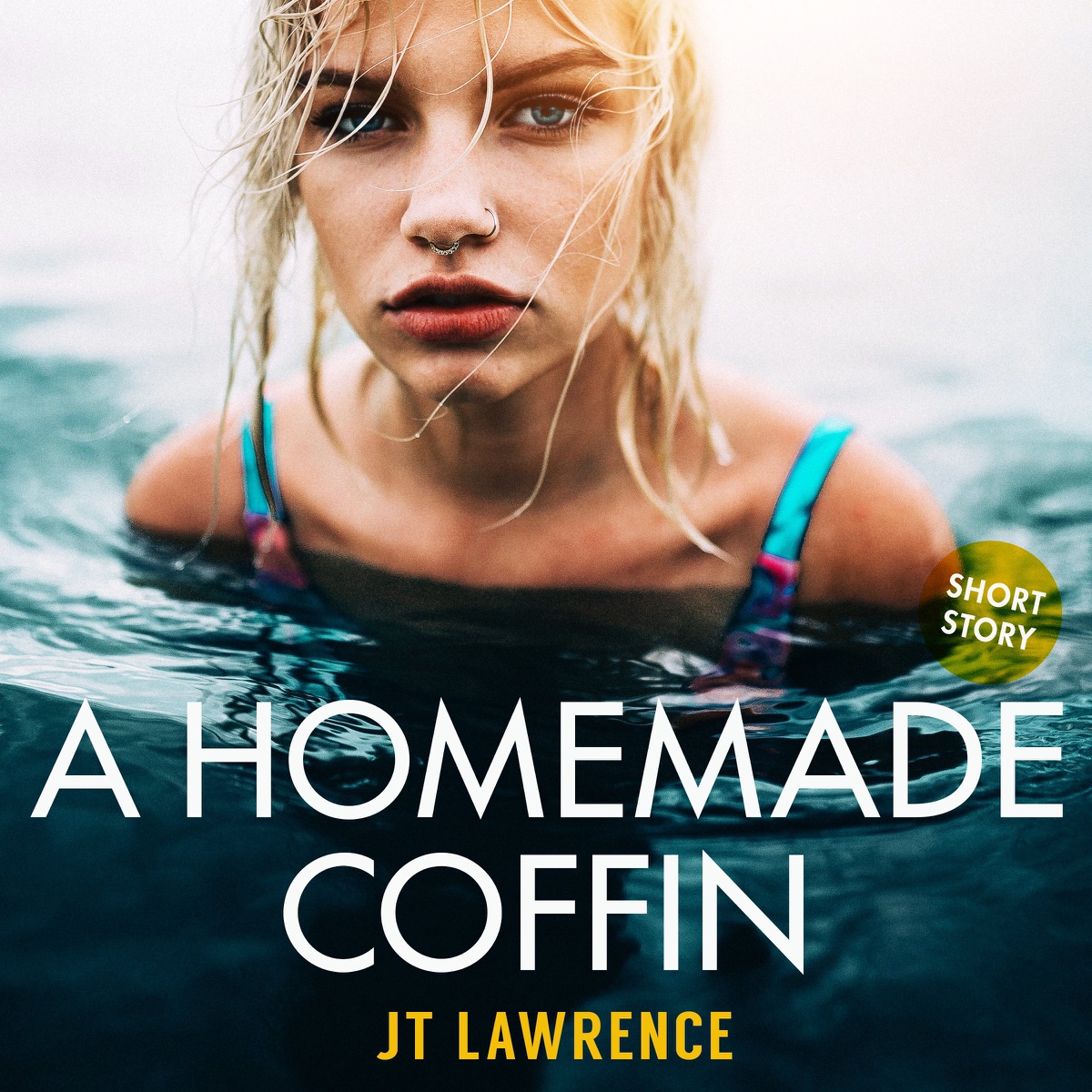
We may receive a portion of sales if you purchase a product through a link in this article.
Okay earns RIAA Platinum for Jt, recognizing 1,000,000 units on November 7, 2025.

Okay earns RIAA Platinum for Jt, recognizing 1,000,000 units on November 7, 2025.

Jt's single "Okay" has been certified Platinum by the Recording Industry Association of America (RIAA), marking a significant milestone for the track. The certification, dated November 7, 2025, signifies 1,000,000 certified units sold in the United States. Released on April 25, 2024, the R&B/Hip-Hop single was issued by Capitol, Motown, and Quality Control Records.
Jatavia Shakara Johnson, known professionally as Jt, rose to fame as a member of the Miami-based hip-hop duo City Girls. Hailing from Liberty City, she has established a formidable solo presence, categorized by Chartmetric as a "superstar" artist on a growth trajectory. Her digital influence is substantial, with a fanbase that includes over 6 million monthly listeners on Spotify, 6.8 million Instagram followers, and 1.9 million followers on TikTok. Her YouTube channel has garnered more than 95 million total views.

"Okay" is the third single from Jt's forthcoming solo album, titled "City Cinderella." The track has resonated with a wide audience, accumulating over 94 million streams on Spotify alone and more than 219,000 pageviews on Genius. The song's production and lyrical themes align with moods described as empowering, confident, and unapologetic, contributing to its success and latest RIAA achievement.
Trailer We Call Home earns RIAA Gold for Whiskey Myers, recognizing 500,000 units on November 6, 2025.
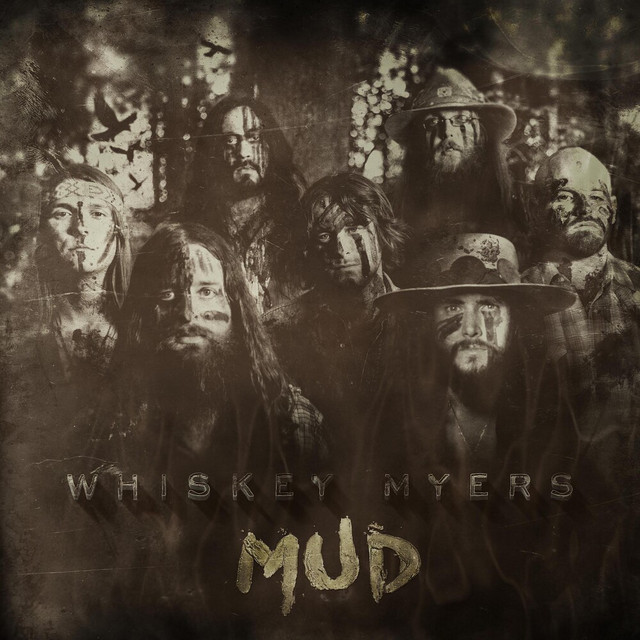
We may receive a portion of sales if you purchase a product through a link in this article.
Trailer We Call Home earns RIAA Gold for Whiskey Myers, recognizing 500,000 units on November 6, 2025.

Trailer We Call Home earns RIAA Gold for Whiskey Myers, recognizing 500,000 units on November 6, 2025.

The Recording Industry Association of America (RIAA) has awarded a Gold certification to "Trailer We Call Home," a track by the Texas-based band Whiskey Myers. The certification, dated November 6, 2025, recognizes 500,000 units in sales and streaming equivalents in the United States. Originally released on September 8, 2016, the song is a key track from the group's fourth studio album, Mud, which was released on their independent label, Wiggy Thump Records.
Emerging from Tyler, Texas, in 2007, Whiskey Myers has cultivated a dedicated fanbase by blending the sounds of Southern rock, red dirt, and outlaw country. The six-piece band is known for its high-energy live performances, having played more than 2,500 shows throughout their career. Their relentless touring schedule has included headlining iconic venues such as Red Rocks Amphitheater and Ryman Auditorium, as well as appearances at major festivals like Bonnaroo and Stagecoach. In a significant career moment, the band was personally selected to open for The Rolling Stones' Chicago stadium show in 2019.

As an independent act, Whiskey Myers has achieved considerable commercial success, selling more than 1.5 million albums and amassing over 2 billion streams. Their fifth studio album, Whiskey Myers, debuted at No. 1 on Billboard's Country and Americana/Folk sales charts and No. 6 on the all-genre Billboard 200. The band's profile was further elevated by features in film and television, most notably with an on-screen appearance and multiple song placements in the Paramount series Yellowstone. Praised by Esquire as "the real damn deal," the Gold status for "Trailer We Call Home" adds to the four RIAA Gold and Platinum certifications the band has earned independently.
The Goodness earns RIAA Gold for Tobymac & Blessing Offor, recognizing 500,000 units on November 6, 2025.
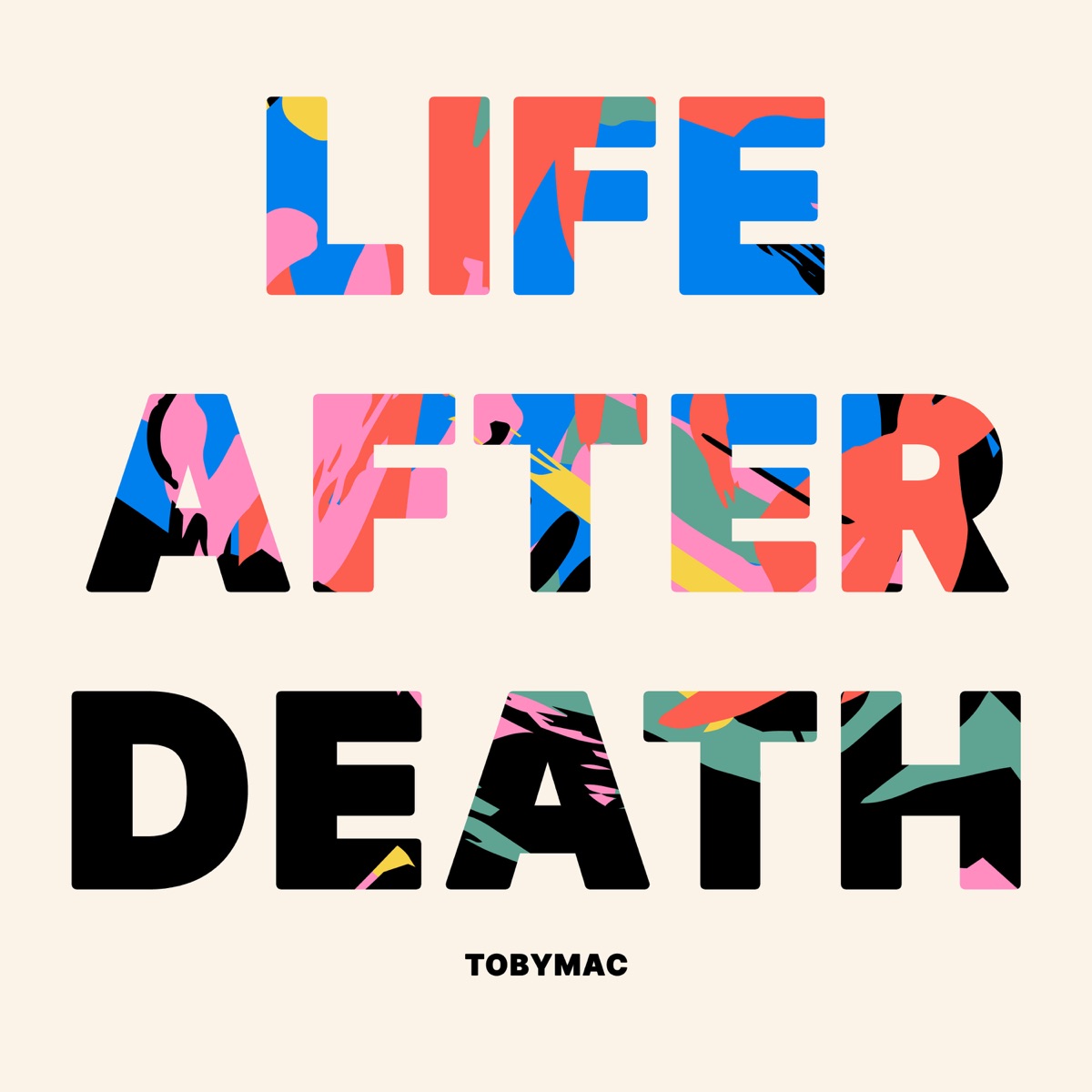
We may receive a portion of sales if you purchase a product through a link in this article.
The Goodness earns RIAA Gold for Tobymac & Blessing Offor, recognizing 500,000 units on November 6, 2025.

The Goodness earns RIAA Gold for Tobymac & Blessing Offor, recognizing 500,000 units on November 6, 2025.

The collaborative single "The Goodness" by Christian music artists Tobymac and Blessing Offor has been certified Gold by the Recording Industry Association of America (RIAA). The certification, dated November 6, 2025, recognizes 500,000 units in the United States. The digital single was released via Forefront Records and Capitol Cmg.
Released on June 3, 2022, "The Goodness" was Tobymac's first original single of that year and his first collaboration with fellow contemporary Christian artist Blessing Offor. The chart-topping track was featured on Tobymac's album Life After Death. Thematically, the song acts as a follow-up to singles released after his 2018 album The Elements, fulfilling a sense of hope and comfort that was promised in earlier tracks like "Help Is On The Way (Maybe Midnight)" and "Promised Land."

Tobymac, born Toby McKeehan, is a Grammy and Dove Award-winning artist who first gained fame as a member of the influential Christian rap and rock trio dc Talk. After the group went on hiatus, he launched a successful solo career in 2001 with the album Momentum. He has since become a fixture in the Christian/Gospel genre, known for a steady stream of gold-selling albums that blend pop, hip-hop and rock elements. His 2012 album, Eye on It, topped the Billboard 200 chart, and Life After Death became his sixth consecutive studio album to reach No. 1 on the Top Christian Albums chart.
Broken Window Serenade earns RIAA 2x Platinum for Whiskey Myers, recognizing 2,000,000 units on November 6, 2025.
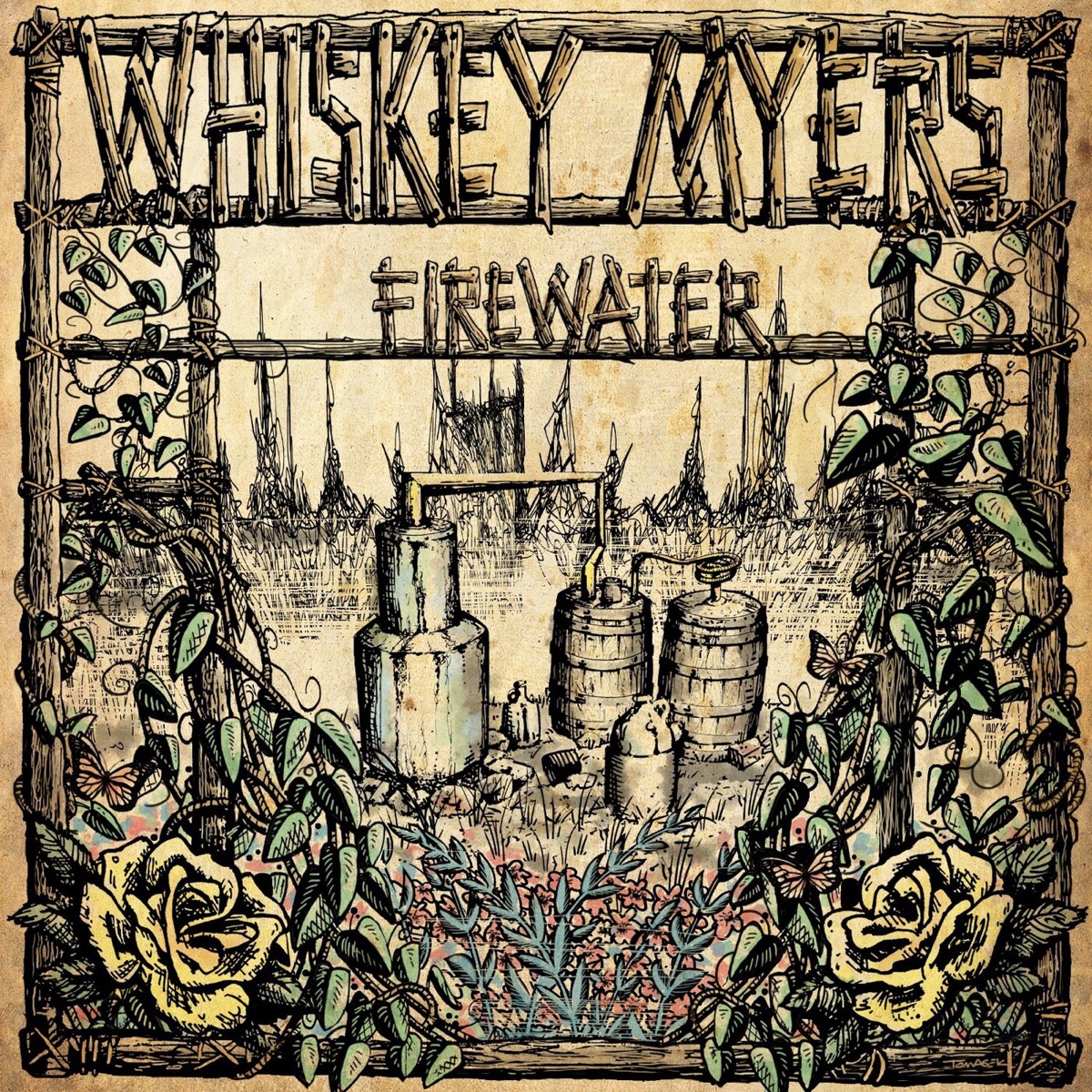
We may receive a portion of sales if you purchase a product through a link in this article.
Broken Window Serenade earns RIAA 2x Platinum for Whiskey Myers, recognizing 2,000,000 units on November 6, 2025.

Broken Window Serenade earns RIAA 2x Platinum for Whiskey Myers, recognizing 2,000,000 units on November 6, 2025.

The Recording Industry Association of America (RIAA) has officially certified Whiskey Myers' song "Broken Window Serenade" as 2x Platinum, recognizing 2,000,000 units in sales and streaming equivalents in the United States. The certification was awarded on November 6, 2025. Originally released on April 25, 2011, the track is featured on the band's second studio album, Firewater, released on their own Wiggy Thump Records label.
"Broken Window Serenade" is a narrative-driven song that tells the story of a man remembering a woman he loved who died from a drug overdose. The lyrics explore her struggles with depression and addiction, which ultimately derailed her dream of becoming an actor. The title serves as a metaphor for the narrator's mournful perspective on her life and tragic end, a theme that has resonated deeply with the band's audience.

Hailing from Tyler, Texas, Whiskey Myers emerged in 2007, blending Southern rock, country, and red dirt influences into a sound praised by Esquire as "the real damn deal." The independent six-piece band has built a dedicated fanbase through extensive touring, playing over 2,500 live shows, including headlining sets at renowned venues like Red Rocks Amphitheater and a 2019 opening slot for The Rolling Stones. To date, Whiskey Myers has sold more than 1.5 million albums and amassed over 2 billion streams. Their 2019 self-titled album debuted at No. 1 on Billboard's Country and Americana/Folk sales charts. The band's profile has also been boosted by features and an on-screen appearance in the Paramount series "Yellowstone," adding to their four previous RIAA Gold and Platinum certifications.
Playlist: The Very Best Of Foreigner earns RIAA Gold for Foreigner, recognizing 500,000 units on November 6, 2025.

We may receive a portion of sales if you purchase a product through a link in this article.
Playlist: The Very Best Of Foreigner earns RIAA Gold for Foreigner, recognizing 500,000 units on November 6, 2025.

Playlist: The Very Best Of Foreigner earns RIAA Gold for Foreigner, recognizing 500,000 units on November 6, 2025.

The English-American rock band Foreigner has added another accolade to its decorated career, as the group's 2018 compilation album, Playlist: The Very Best Of Foreigner, was certified Gold by the Recording Industry Association of America (RIAA) on November 6, 2025. The certification recognizes 500,000 units in sales and streaming equivalents in the United States. The album, released on October 26, 2018, via Legacy Recordings, gathers some of the band's most enduring hits from their multi-decade career, underscoring their continued relevance and commercial power.
Foreigner was formed in New York City in 1976 by veteran English musician and songwriter Mick Jones, fellow Englishman and ex-King Crimson member Ian McDonald, and American vocalist Lou Gramm. The band achieved immediate success with their self-titled debut album in 1977, which went five-times platinum and produced the hit singles "Feels Like the First Time" and "Cold as Ice." This success was followed by a string of hit albums, including Double Vision (1978), Head Games (1979), and the massive seller 4 (1981), which included classics like "Urgent," "Jukebox Hero," and "Waiting for a Girl Like You." The band's biggest single, the 1984 power ballad "I Want to Know What Love Is," topped both U.S. and U.K. charts. To date, Foreigner has sold more than 80 million records worldwide.

After a hiatus, Jones reformed the band in the early 2000s, with lead singer Kelly Hansen joining in 2005 to help usher in a new era for the group. Hansen has been credited with leading Foreigner into the digital age and connecting with a new generation of fans. The band's lasting appeal is evident in its streaming metrics, which include nearly 19.7 million monthly listeners on Spotify, over 4.1 billion lifetime streams on Pandora, and more than 735 million total views on YouTube. The Gold certification for Playlist: The Very Best Of Foreigner further solidifies the legendary band's steady and enduring presence in the landscape of classic rock.
Love Broke Thru earns RIAA Platinum for Tobymac, recognizing 1,000,000 units on November 6, 2025.
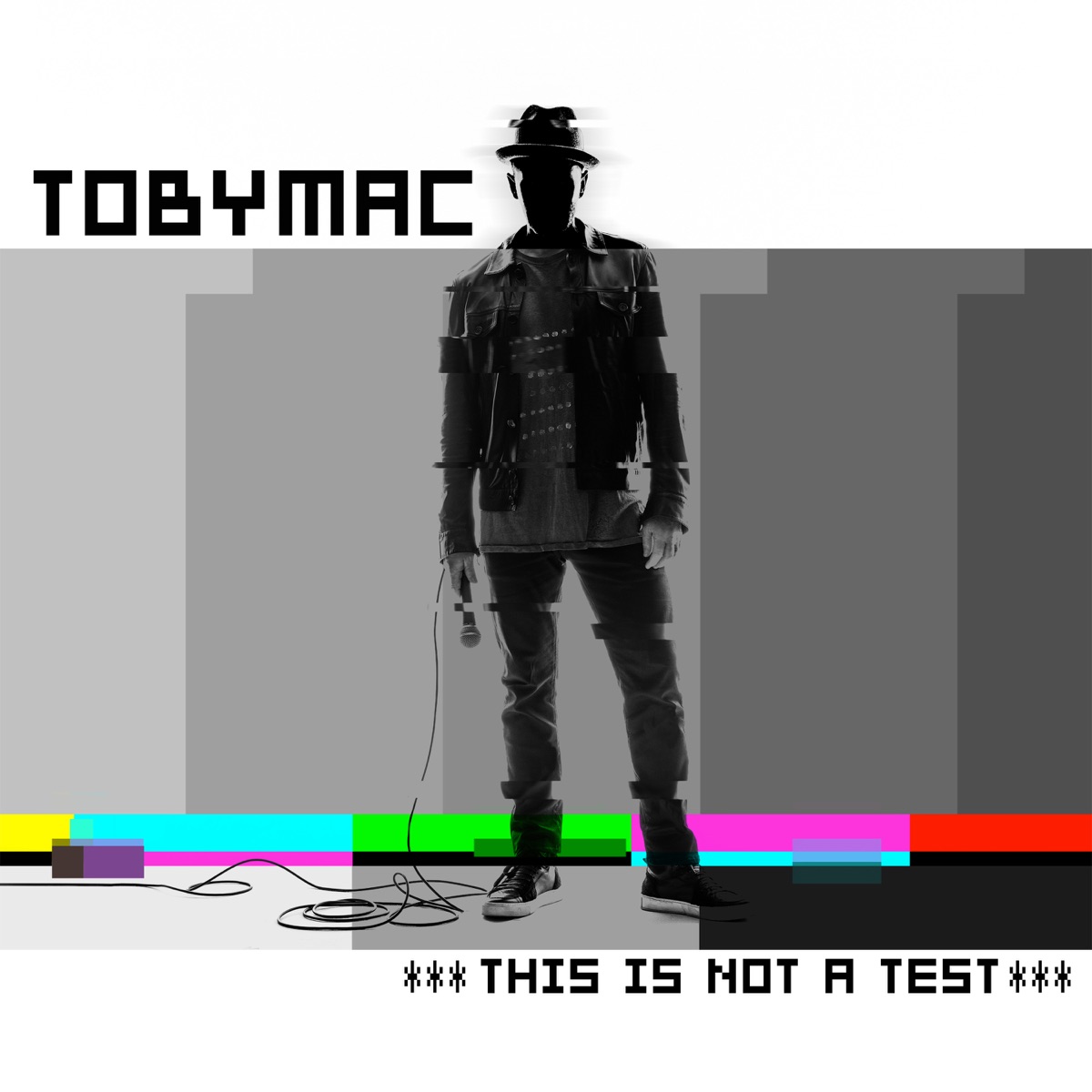
We may receive a portion of sales if you purchase a product through a link in this article.
Love Broke Thru earns RIAA Platinum for Tobymac, recognizing 1,000,000 units on November 6, 2025.

Love Broke Thru earns RIAA Platinum for Tobymac, recognizing 1,000,000 units on November 6, 2025.

Christian music artist Tobymac has earned a major new certification for his 2015 single, "Love Broke Thru." The Recording Industry Association of America (RIAA) certified the track Platinum on November 6, 2025, signifying 1,000,000 units sold and streamed. Released on August 7, 2015, via Forefront Records / Capitol CMG, the song is a key track from Tobymac's sixth studio album, This Is Not a Test. The album was a significant success for the artist, debuting at number four on the Billboard 200, topping the Christian charts, and later winning a Grammy Award for Best Contemporary Christian Music Album.
A pioneering figure in Christian music for decades, Tobymac, born Toby McKeehan, first rose to prominence as a member of the influential rap and rock trio dc Talk. Formed in the mid-1980s with Michael Tait and Kevin Max, the group became a Grammy-winning platinum-selling act known for blending elements of CCM, grunge, and hip-hop. Following the group's hiatus in 1999, McKeehan launched a solo career that has been both commercially successful and stylistically diverse. Beginning with his 2001 debut, Momentum, he has released a steady stream of gold-selling albums, including the 2012 Billboard 200 chart-topper Eye on It, cementing his status as a headliner in the genre.

"Love Broke Thru" remains one of Tobymac's most enduring songs, having accumulated over 71.9 million streams on Spotify alone. Its lasting popularity is a testament to the artist's consistent ability to connect with a broad audience. Tobymac maintains a significant digital presence, with more than 1.52 million followers on Spotify, 1.48 million subscribers on YouTube, and over 1.28 million followers on Instagram. His work continues to find favor with both secular and non-secular audiences, underscoring his long-standing impact on contemporary Christian music.
Backseat Driver (Ft. Hollyn, Trudog) earns RIAA Gold for Tobymac, recognizing 500,000 units on November 6, 2025.

We may receive a portion of sales if you purchase a product through a link in this article.
Backseat Driver (Ft. Hollyn, Trudog) earns RIAA Gold for Tobymac, recognizing 500,000 units on November 6, 2025.

Backseat Driver (Ft. Hollyn, Trudog) earns RIAA Gold for Tobymac, recognizing 500,000 units on November 6, 2025.

Christian music artist Tobymac has received a Gold certification for his single "Backseat Driver (Ft. Hollyn, Trudog)," the Recording Industry Association of America (RIAA) announced on November 6, 2025. The certification recognizes 500,000 units in sales and streaming equivalents. The track was released by Forefront Records and Capitol CMG.
Released on August 7, 2015, "Backseat Driver" served as a promotional single for Tobymac's sixth studio album, This Is Not a Test. The song features vocals from fellow artist Hollyn and a rap verse from Tobymac's son, Shiloh McKeehan, who is credited as Trudog. Thematically, the track explores the concept of faith and yielding control to God. A lyric video for the song was released on June 18, 2015, ahead of the album. The parent album, This Is Not a Test, was a commercial and critical success, debuting at number four on the Billboard 200 and later winning the Grammy Award for Best Contemporary Christian Music Album.

Toby McKeehan, known professionally as Tobymac, has been a prominent figure in Christian music since his time with the influential rap and rock trio dc Talk. After the group went on hiatus in 1999, he launched a successful solo career with his 2001 debut, Momentum. Known for his stylistic blend of pop, rock, and hip-hop, Tobymac has released a consistent stream of gold-selling albums, including the Billboard 200 chart-topper Eye on It (2012). His work has garnered numerous Grammy and Dove Awards, finding favor with both secular and non-secular audiences. The artist maintains a significant digital presence, with over 1.5 million followers and nearly 3 million monthly listeners on Spotify.
Cornerstone earns RIAA Gold for Tobymac & Zach Williams, recognizing 500,000 units on November 6, 2025.
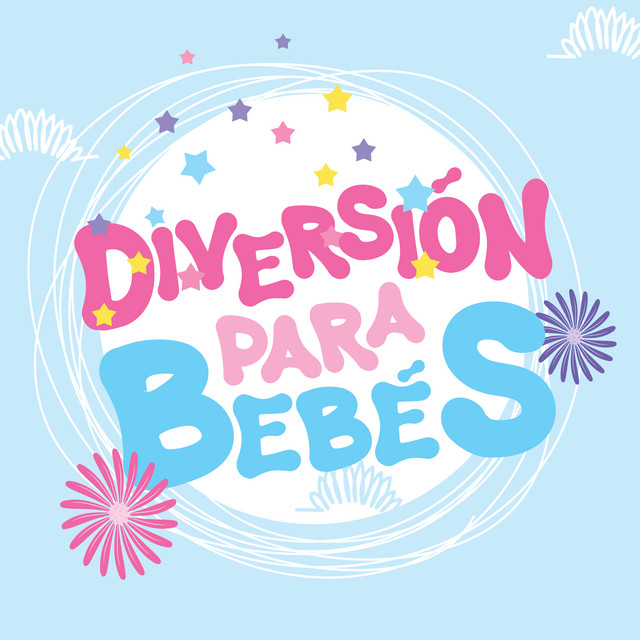
We may receive a portion of sales if you purchase a product through a link in this article.
Cornerstone earns RIAA Gold for Tobymac & Zach Williams, recognizing 500,000 units on November 6, 2025.

Cornerstone earns RIAA Gold for Tobymac & Zach Williams, recognizing 500,000 units on November 6, 2025.

On November 6, 2025, the collaborative single "Cornerstone" by Christian music artists Tobymac and Zach Williams was certified Gold by the Recording Industry Association of America (RIAA). The certification recognizes 500,000 certified units in the United States. Released on August 19, 2022, the track is featured on Tobymac's album Life After Death and was issued by Forefront Records and Capitol CMG.
Tobymac, born Toby McKeehan, has been a prominent figure in Christian music for decades, first gaining fame as a member of the influential rap and rock trio dc Talk. Since launching a successful solo career with the album Momentum in 2001, he has released a steady stream of gold-selling projects that blend pop, rock, and hip-hop earning multiple Grammy and Dove Awards. Several of his albums have topped the Billboard Christian charts, with 2012's Eye on It reaching No. 1 on the all-genre Billboard 200 chart.

The album Life After Death was a significant and personal release for Tobymac, created in the years following the 2019 death of his son, Truett McKeehan. The project became his sixth consecutive studio LP to hit number one on the Top Christian Albums chart and explores themes of faith through grief. "Cornerstone" stands as a key collaboration from the record, pairing Tobymac's distinct style with the voice of fellow Grammy-winning artist Zach Williams.
La Plena earns RIAA 7x Latin Platinum for Beéle, Ovy On The Drums, & And W Sound, recognizing 420,000 units on November 5, 2025.

We may receive a portion of sales if you purchase a product through a link in this article.
La Plena earns RIAA 7x Latin Platinum for Beéle, Ovy On The Drums, & And W Sound, recognizing 420,000 units on November 5, 2025.

La Plena earns RIAA 7x Latin Platinum for Beéle, Ovy On The Drums, & And W Sound, recognizing 420,000 units on November 5, 2025.

The collaborative single "La Plena" by Colombian artist Beéle, producer Ovy On The Drums, and And W Sound has achieved 7x Latin Platinum status, the Recording Industry Association of America (RIAA) announced on November 5, 2025. The certification signifies 420,000 equivalent units sold in the United States. Released on February 19, 2025, via Warner Music Latina, the track highlights a continued successful partnership for the artists.
Previously certified: 7x Platino (November 5, 2025).
Born Brandon López in Barranquilla, Colombia, the 22-year-old singer-songwriter known as Beéle has become a prominent voice in Latin music by blending Caribbean and urban sounds. Drawing influence from reggae, dancehall, and reggaeton, he began his career at age 13. He first gained viral attention with his 2019 debut single, "Loco," which has amassed over 200 million audio and video streams. His success was further cemented with "Inolvidable," a collaboration with Ovy on the Drums that has surpassed 270 million views on digital platforms.
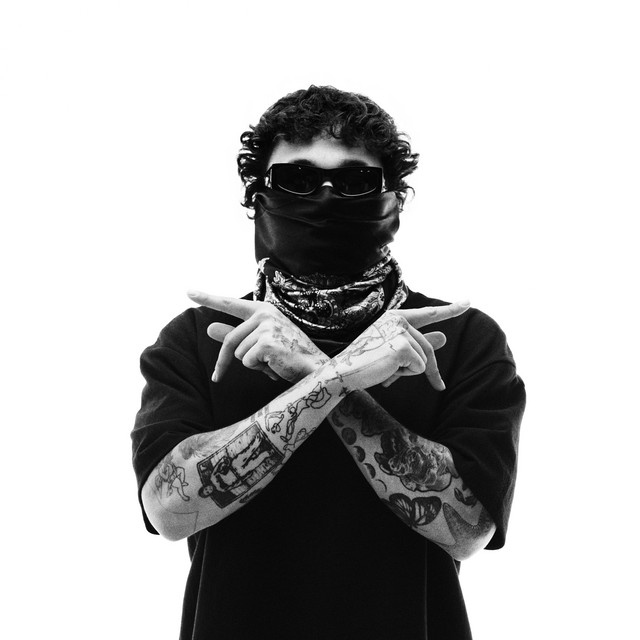
Beéle's versatility has led to collaborations with a wide range of global music stars, including Farruko, Jason Derulo, TINI, Manuel Turizo, Feid, and Nicky Jam. His rising profile was underscored by the release of his debut album, "Borondo," a 26-song project described by the artist as "his soul in music." The album, which features collaborations with Marc Anthony and Carla Morrison, spans reggaetón, pop, and afrobeats and debuted at No. 10 on Billboard's Top Latin Albums chart with 17 million streams, solidifying his position as one of Latin music's most promising artists.
All You Need To Know (Feat. Calle Lehmann) earns RIAA Platinum for Gryffin & Slander, recognizing 1,000,000 units on November 5, 2025.

We may receive a portion of sales if you purchase a product through a link in this article.
All You Need To Know (Feat. Calle Lehmann) earns RIAA Platinum for Gryffin & Slander, recognizing 1,000,000 units on November 5, 2025.

All You Need To Know (Feat. Calle Lehmann) earns RIAA Platinum for Gryffin & Slander, recognizing 1,000,000 units on November 5, 2025.

The collaborative electronic single "All You Need To Know (Feat. Calle Lehmann)" by Gryffin & Slander has officially been certified Platinum by the Recording Industry Association of America (RIAA). The certification, dated November 5, 2025, recognizes 1,000,000 certified units sold in the United States. The track was released via Darkroom/Geffen Records and has become a staple in the dance/electronic genre.
Released on March 27, 2019, "All You Need To Know" brought together Gryffin's melodic production with Slander's distinct bass-driven sound, complemented by vocals from Swedish singer Calle Lehmann. The track was first played live by Slander at a performance at Boku just days before its official release, building anticipation for the collaboration. The song was later featured on Gryffin's successful debut studio album, Gravity, which was released in October 2019 and soared to the top of Billboard's Dance/Electronic Albums chart. The track is specifically included on the deluxe version of the album.
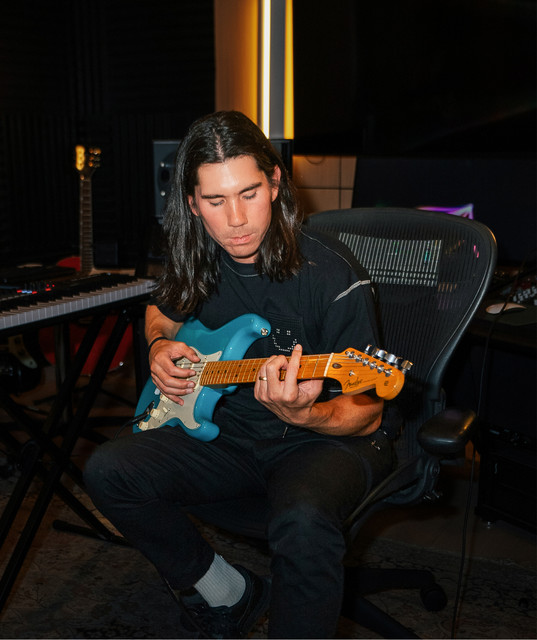
The certification marks another significant milestone for primary artist Gryffin (Dan Griffith), a classically trained multi-instrumentalist known for blending his skills on piano and guitar with electronic production. He has become a prominent figure in the electronic music scene, celebrated for his dynamic live shows and emotionally resonant sound. His debut album, Gravity, established him as a leading force in the genre, producing other platinum-certified hits like "Tie Me Down" with Elley Duhé. Gryffin has since released two more albums, Alive (2022) and PULSE (2024), and continues to be a major draw at festivals like EDC and through his residency at Wynn Nightlife in Las Vegas.
Little Things earns RIAA Gold for Louis The Child, Quinn Xcii, & Chelsea Cutler, recognizing 500,000 units on November 5, 2025.
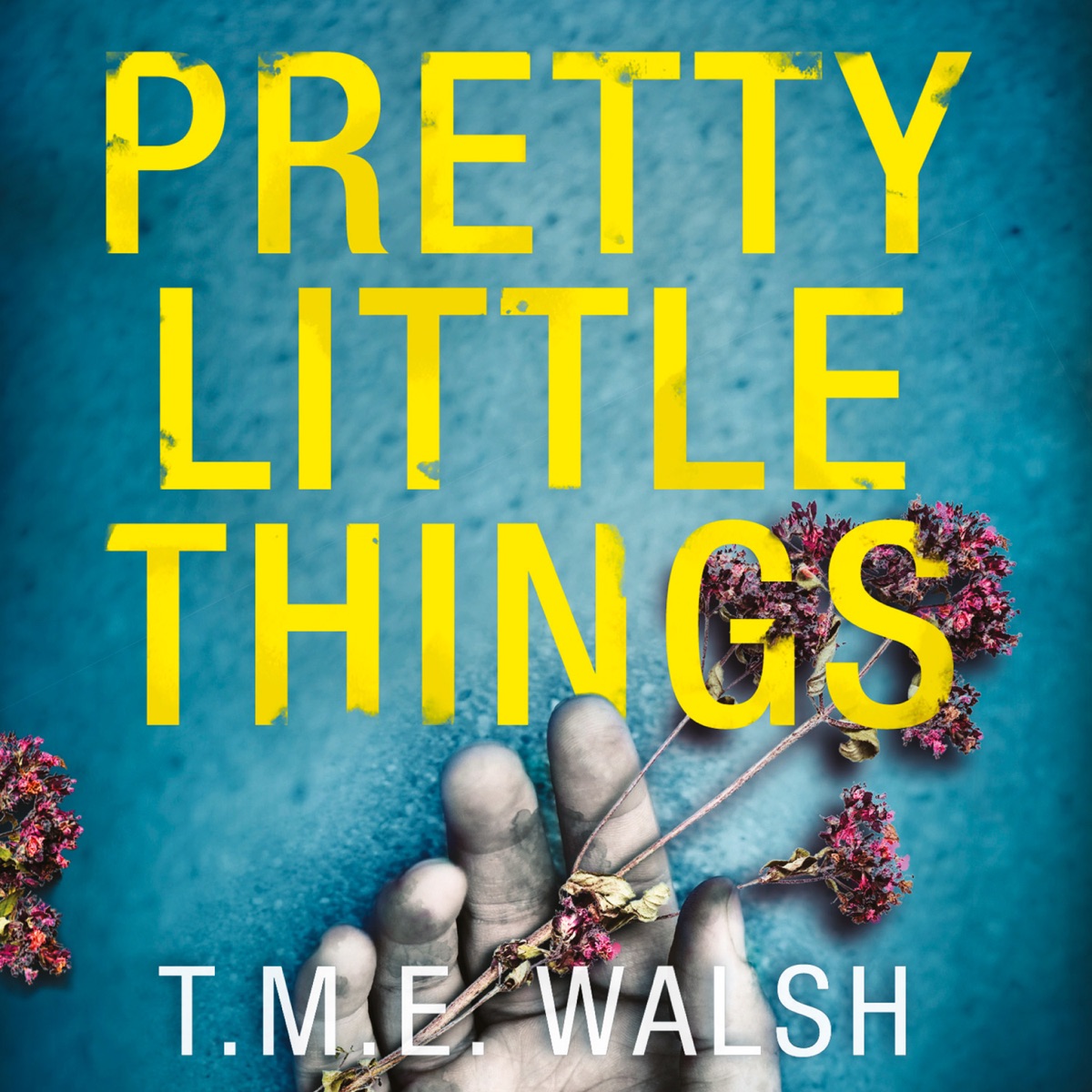
We may receive a portion of sales if you purchase a product through a link in this article.
Little Things earns RIAA Gold for Louis The Child, Quinn Xcii, & Chelsea Cutler, recognizing 500,000 units on November 5, 2025.

Little Things earns RIAA Gold for Louis The Child, Quinn Xcii, & Chelsea Cutler, recognizing 500,000 units on November 5, 2025.

The collaborative single "Little Things" by electronic duo Louis The Child with vocalists Quinn Xcii and Chelsea Cutler has officially been certified Gold by the Recording Industry Association of America (RIAA). The certification, dated November 5, 2025, recognizes 500,000 units in the United States. Released on April 3, 2020, via Interscope Records, the dance/electronic track marks a significant milestone for the artists.
"Little Things" was the first collaboration between the three acts. The track was first teased on the artists' social media channels on March 25, 2020, followed by an official announcement on March 30 for its release later that week. The song was featured on Louis The Child's 2020 studio album, Here for Now. Since its release, the single has accumulated over 81 million streams on Spotify, highlighting its sustained popularity.
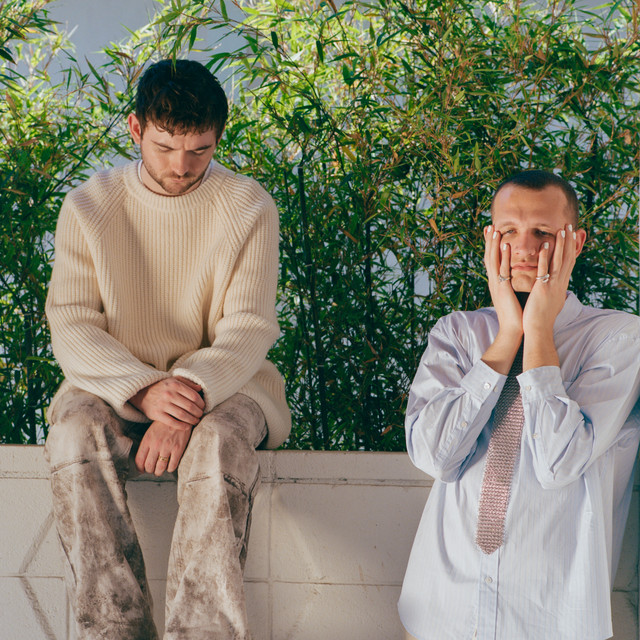
Louis The Child, the Chicago-based duo of Robby Hauldren and Freddy Kennett, have established themselves as a mainstream act in the electronic music scene. Known for their blend of chill, electropop, and dance music, the group maintains a significant digital presence with over 2 million monthly listeners on Spotify and hundreds of thousands of followers across platforms like Instagram and TikTok. Their audience is strong in major U.S. markets, including their hometown of Chicago, as well as New York and Los Angeles.
Drunk On You earns RIAA 7x Platinum for Luke Bryan, recognizing 7,000,000 units on November 5, 2025.

We may receive a portion of sales if you purchase a product through a link in this article.
Drunk On You earns RIAA 7x Platinum for Luke Bryan, recognizing 7,000,000 units on November 5, 2025.

Drunk On You earns RIAA 7x Platinum for Luke Bryan, recognizing 7,000,000 units on November 5, 2025.

Country music superstar Luke Bryan has added another significant milestone to his decorated career, as his 2011 single "Drunk On You" was certified 7x Platinum by the Recording Industry Association of America (RIAA) on November 5, 2025. The certification, issued through Capitol Records Nashville, recognizes 7,000,000 units in the United States, based on a combination of sales and streaming equivalents.
Released on August 9, 2011, "Drunk On You" was featured on Bryan's third studio album, Tailgates & Tanlines. The song was co-written by Rodney Clawson, and Bryan recognized its potential immediately. "It's a song that a buddy of mine, Rodney Clawson, [co-wrote] and the second I heard it I knew it was something I was going to cut," Bryan shared on his Facebook page at the time. "We feel it will be a fun summertime song." The track became a major hit, resonating with audiences and contributing to the album's multi-platinum success.

This certification further solidifies Luke Bryan's standing as a dominant force in country music. He is the most digital single RIAA-certified country artist of all time, with 117.5 million digital single units certified. Throughout his career, Bryan has amassed 26.6 billion global streams, 11.9 million global album sales, and 47.7 million track sales worldwide. His accolades include more than 50 major music awards, with five wins as Entertainer of the Year, and he was named Billboard's Top Country Artist of the 2010s. His album Crash My Party also received the first-ever ACM Album of the Decade Award.
Swing Lynn earns RIAA Platinum for Harmless, recognizing 1,000,000 units on November 5, 2025.
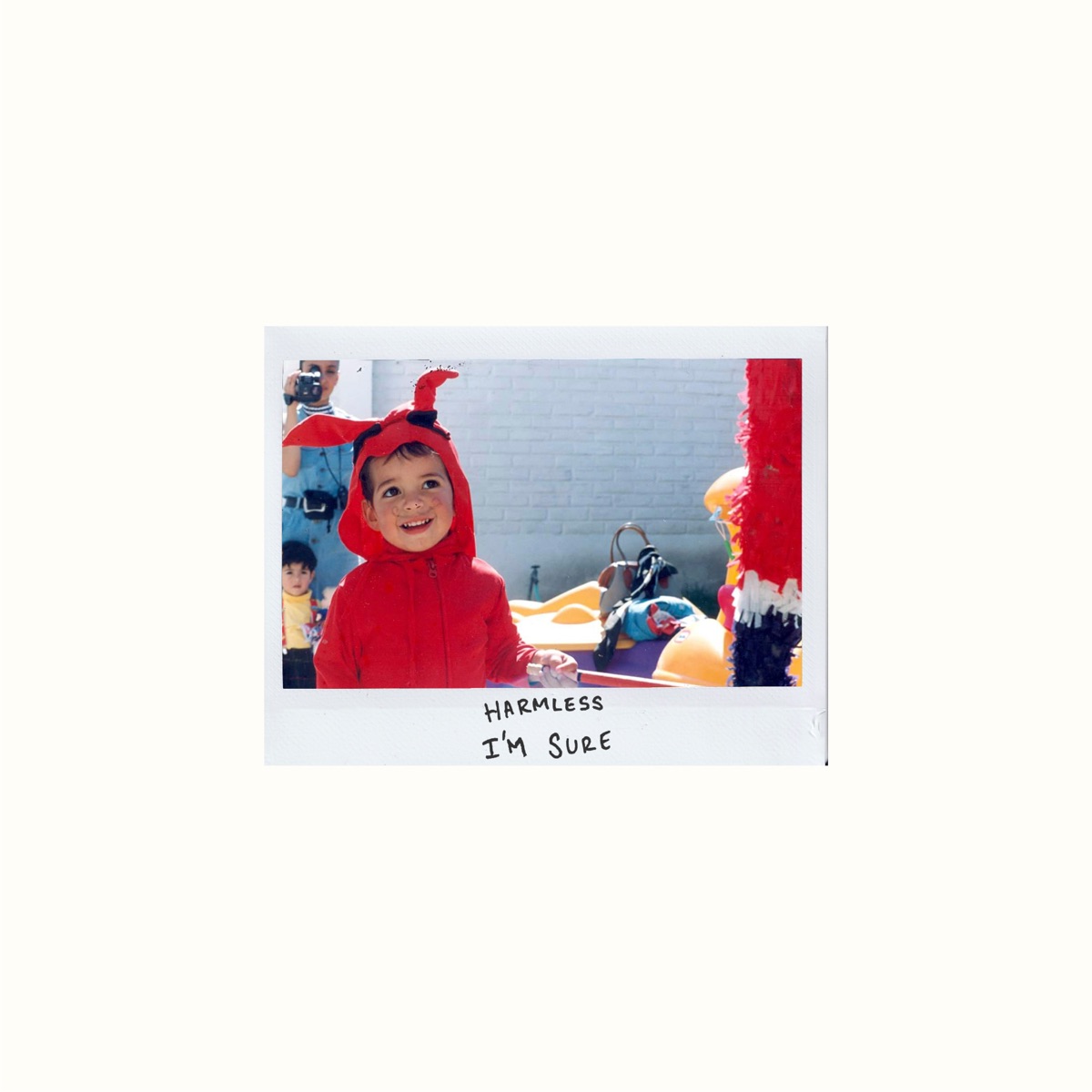
We may receive a portion of sales if you purchase a product through a link in this article.
Swing Lynn earns RIAA Platinum for Harmless, recognizing 1,000,000 units on November 5, 2025.

Swing Lynn earns RIAA Platinum for Harmless, recognizing 1,000,000 units on November 5, 2025.

"Swing Lynn," the 2012 single by Harmless, was certified Platinum by the Recording Industry Association of America (RIAA) on November 5, 2025. The certification recognizes 1,000,000 certified units in the United States. Released on August 14, 2012, on the label Yo Soy Harmless, the track's path to this milestone demonstrates a remarkable longevity, achieving its greatest commercial success more than a decade after its initial debut.
Harmless is the musical project of Los Angeles-based artist Nacho Cano, who formerly performed under the moniker Twin Cabins. The project's sound is categorized within the alternative genre, incorporating elements of bedroom pop, indie pop, and dream pop. "Swing Lynn" was originally released as part of the album I'm Sure. The song experienced a significant resurgence in the 2020s, driven largely by its viral popularity on TikTok. Data indicates the track has been used in over 945,000 posts on the platform, with a top video garnering nearly 2 billion views. This renewed interest led to the official release of a "Swing Lynn (Sped Up Version)" on December 23, 2022.
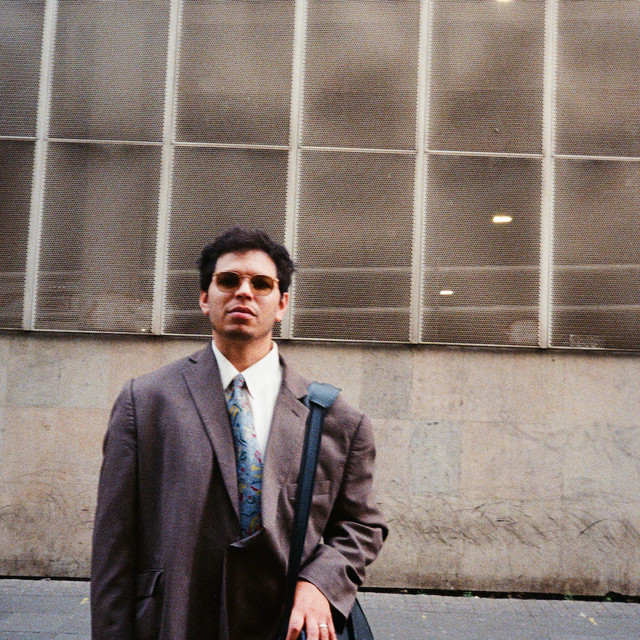
The song's viral fame translated into broad digital success across multiple platforms, ultimately fueling its RIAA certification. The original version of "Swing Lynn" has accumulated over 357 million streams on Spotify, where Harmless currently has more than 2 million monthly listeners. Its widespread discovery is further evidenced by over 4.4 million Shazams and approximately 178,814 pageviews on the lyric website Genius. The Harmless project has also achieved over 90 million total views on YouTube, underscoring the sustained audience engagement that propelled the single to Platinum status.
I Don't Want This Night To End earns RIAA 7x Platinum for Luke Bryan, recognizing 7,000,000 units on November 5, 2025.

We may receive a portion of sales if you purchase a product through a link in this article.
I Don't Want This Night To End earns RIAA 7x Platinum for Luke Bryan, recognizing 7,000,000 units on November 5, 2025.

I Don't Want This Night To End earns RIAA 7x Platinum for Luke Bryan, recognizing 7,000,000 units on November 5, 2025.

Country superstar Luke Bryan has earned another major certification from the Recording Industry Association of America (RIAA). On November 5, 2025, his single "I Don't Want This Night To End" was certified 7x Platinum, signifying 7,000,000 certified units. The track was released by Capitol Nashville and remains one of the artist's most enduring hits.
Released on August 9, 2011, "I Don't Want This Night To End" was the second single from Bryan's third studio album, Tailgates & Tanlines. The song became a significant commercial success, contributing to the album's multi-platinum status and solidifying Bryan's position as a leading figure in contemporary country music. Its lasting popularity is reflected in its streaming performance, having garnered over 310 million plays on Spotify alone.

The certification adds to an already extensive list of accolades for the Leesburg, Georgia native. Luke Bryan is the most digitally certified country artist in RIAA history, with 117.5 million total digital single units certified. Throughout his career, he has amassed 26.6 billion global streams, 11.9 million album sales, and has landed 31 singles at the top of the charts. His extensive collection of over 50 major music awards includes five wins for Entertainer of the Year and an ACM Album of the Decade Award for his 2013 record, Crash My Party. Billboard also named him the Top Country Artist of the 2010s.
House Again earns RIAA Platinum for Hudson Westbrook, recognizing 1,000,000 units on November 5, 2025.
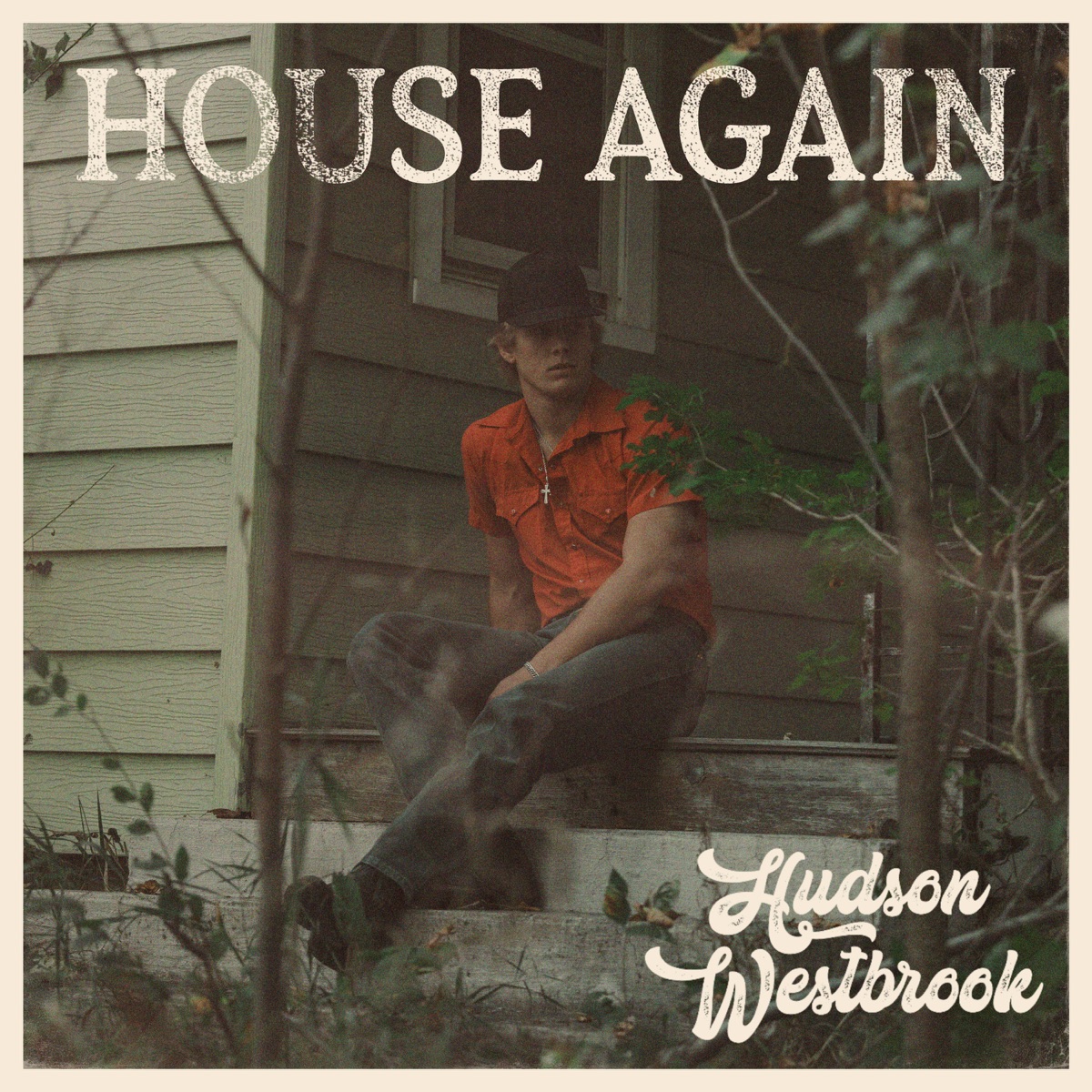
We may receive a portion of sales if you purchase a product through a link in this article.
House Again earns RIAA Platinum for Hudson Westbrook, recognizing 1,000,000 units on November 5, 2025.

House Again earns RIAA Platinum for Hudson Westbrook, recognizing 1,000,000 units on November 5, 2025.

Country artist Hudson Westbrook's single "House Again" has achieved Platinum certification from the Recording Industry Association of America (RIAA), an award dated November 5, 2025. The certification recognizes 1,000,000 certified units in the United States. The single was released by River House Artists / Warner Music Nashville.
Released on October 18, 2024, "House Again" served as Westbrook's breakthrough single and his official debut to country radio. The song's lyrics detail a narrator's reflection on how a former partner made his house feel like a home, contrasting the warmth of the past with its current emptiness after she moved out. The track, which appears on Westbrook's 17-track debut album, Texas Forever, has found a significant audience, earning over 154 million streams on Spotify and more than 765,000 Shazams.

A native of Stephenville, Texas, Hudson Westbrook is an artist rooted in the state's Red Dirt scene, with influences including George Strait, Turnpike Troubadours, and Parker McCollum. He made a viral debut in 2024 with his first release, "Take It Slow," and cultivated a grassroots following with subsequent hits like the Texas radio chart-topper "Two Way Drive" while he was a student at Texas Tech University. Praised by Billboard for his "traditional country sounds and timeless songwriting," Westbrook's rapid ascent is underscored by his digital metrics, which include over 6.7 million monthly Spotify listeners, 1.2 million TikTok followers, and more than 106 million lifetime streams on Pandora.
Sq earns RIAA Latin Gold for W Sound, Ryan Castro, & Ovy On The Drums, recognizing 30,000 units on November 5, 2025.
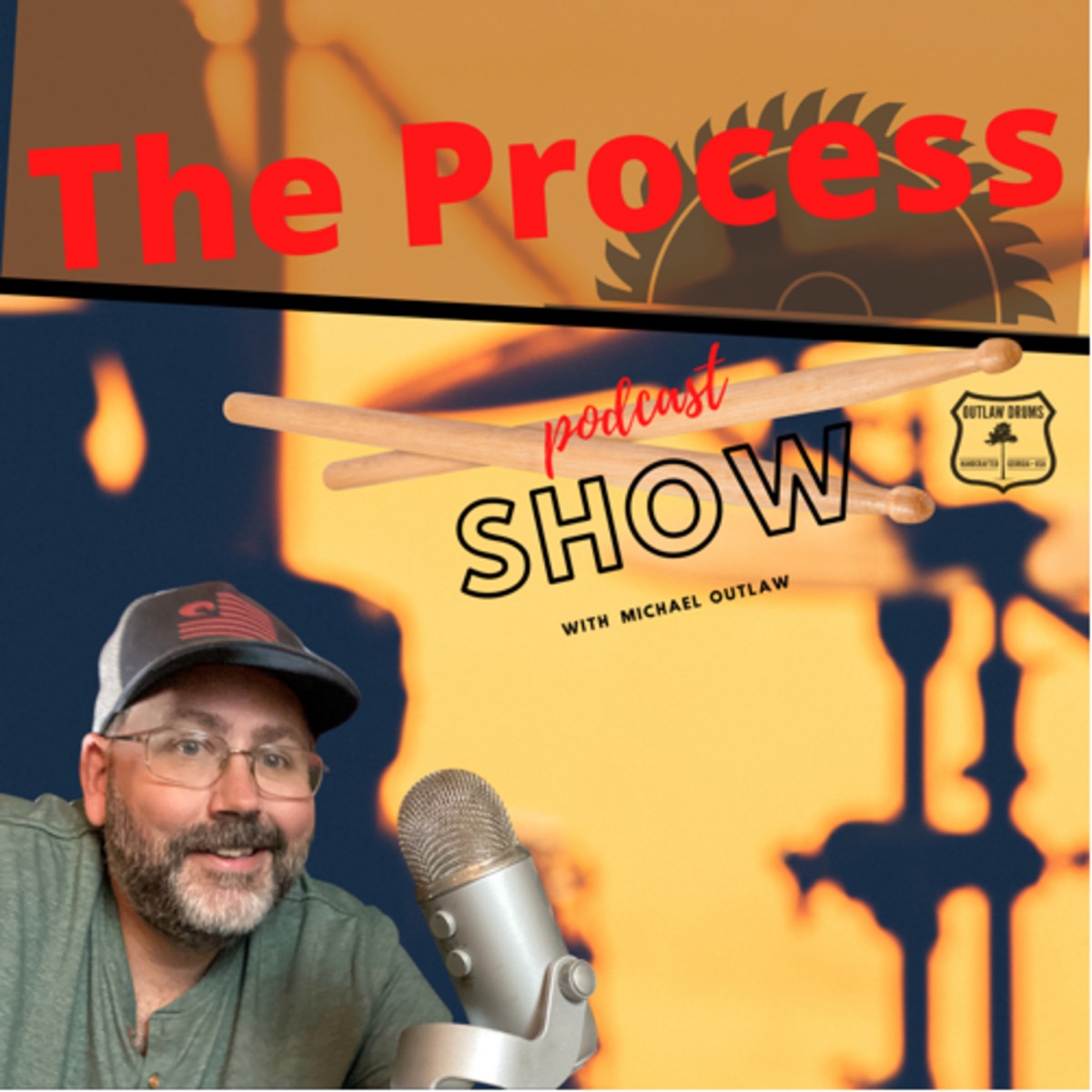
We may receive a portion of sales if you purchase a product through a link in this article.
Sq earns RIAA Latin Gold for W Sound, Ryan Castro, & Ovy On The Drums, recognizing 30,000 units on November 5, 2025.

Sq earns RIAA Latin Gold for W Sound, Ryan Castro, & Ovy On The Drums, recognizing 30,000 units on November 5, 2025.

The single "Sq" by W Sound, featuring collaborators Ryan Castro and Ovy On The Drums, has achieved Latin Gold status, the Recording Industry Association of America (RIAA) announced. The certification, dated November 5, 2025, recognizes 30,000 certified units in the United States. The track was released under the Warner Music Latina label.
Released on November 20, 2024, "Sq" brings together primary artist W Sound with Colombian singer Ryan Castro and producer Ovy On The Drums, a prominent figure in the reggaeton scene. The single appears on different compilations depending on the platform; it is listed as part of the album "Sq (W Sound 04)" on Spotify and "The Outlaw Process" on iTunes. The song's success highlights the continued commercial impact of high-profile collaborations within the Latin genre.
This certification marks a significant milestone for W Sound, an artist with a substantial following of over 818,000 on Spotify and a platform popularity score of 74. The RIAA's recognition of "Sq" underscores the track's resonance with audiences and its performance in the market since its late 2024 release.

Previously certified: Oro (November 5, 2025).
5 To 9 earns RIAA Gold for Hudson Westbrook, recognizing 500,000 units on November 5, 2025.
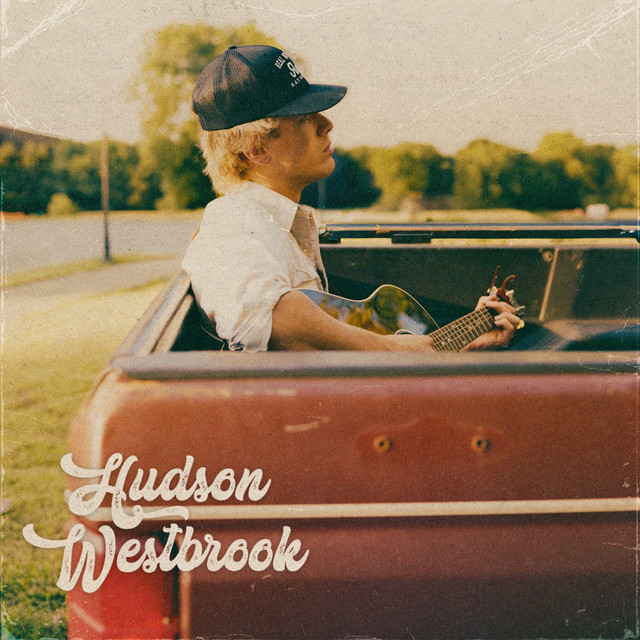
We may receive a portion of sales if you purchase a product through a link in this article.
5 To 9 earns RIAA Gold for Hudson Westbrook, recognizing 500,000 units on November 5, 2025.

5 To 9 earns RIAA Gold for Hudson Westbrook, recognizing 500,000 units on November 5, 2025.

Country artist Hudson Westbrook has achieved a significant career milestone as his single "5 To 9" was officially certified Gold by the Recording Industry Association of America (RIAA). The certification, dated November 5, 2025, recognizes the digital single for achieving 500,000 units in the United States. This marks the first RIAA award for the track.
Released on November 15, 2024, "5 To 9" is featured on Westbrook's self-titled project, which some outlets, including Genius, have cataloged as an EP. The song was released under the River House Artists and Warner Music Nashville labels, positioning Westbrook within the mainstream country music landscape. As an artist, Westbrook is categorized within the country genre, and he has garnered a following of over 349,000 on Spotify.

The Gold certification for "5 To 9" underscores the song's commercial performance nearly a year after its initial debut. The track's success contributes to the portfolio of River House Artists and Warner Music Nashville, both prominent labels in the country genre. The certification reflects combined sales and on-demand streaming figures, confirming the single's sustained popularity with listeners.
Heading 2

Heading 3
Heading 4
Heading 5
Heading 6
Loremorem ipsum dolor sit amet, consectetur adipiscing elit, sed do eiusmod tempor incididunt ut labore et dolore magna aliqua. Ut enim ad minim veniam, quis nostrud exercitation ullamco laboris nisi ut aliquip ex ea commodo consequat. Duis aute irure dolor in reprehenderit in voluptate velit esse cillum dolore eu fugiat nulla pariatur.
Block quote
Ordered list
- Item 1
- Item 2
- Item 3
Unordered list
- Item A
- Item B
- Item C
Bold text
Emphasis
Superscript
Subscript



